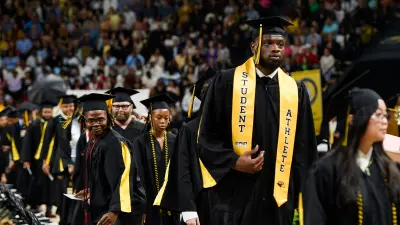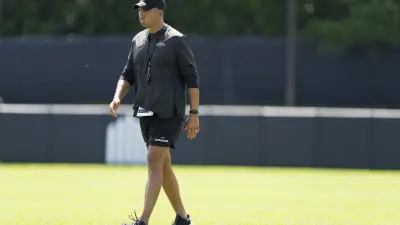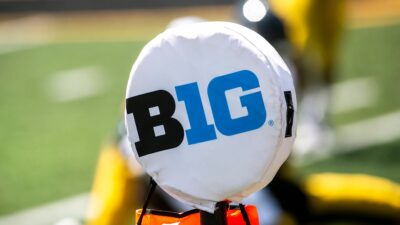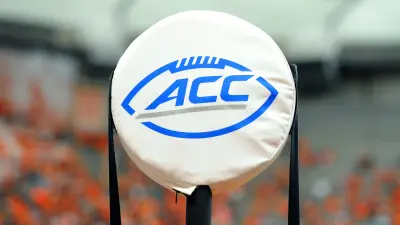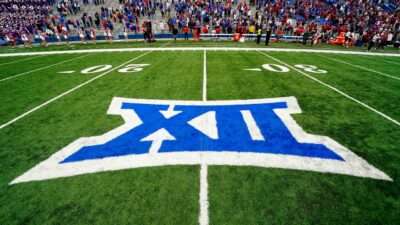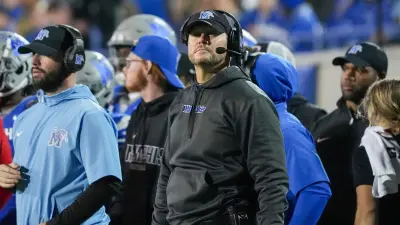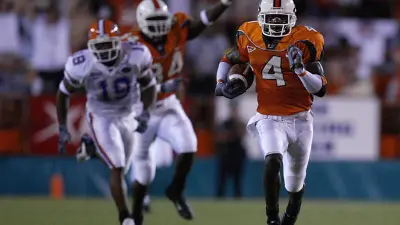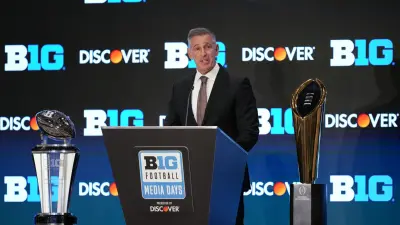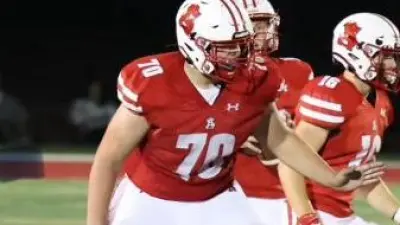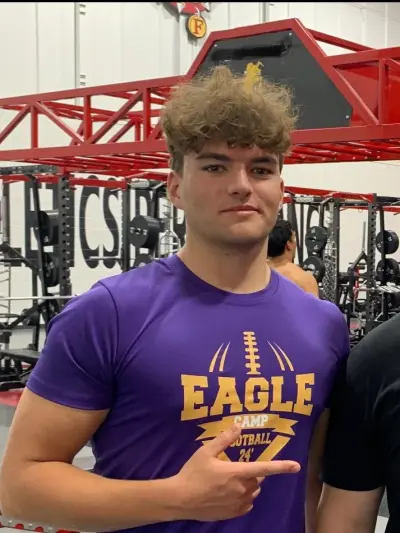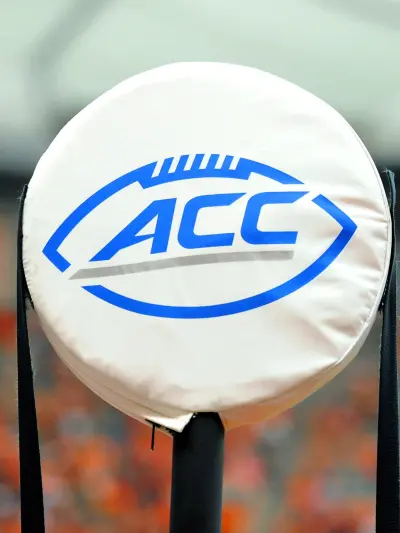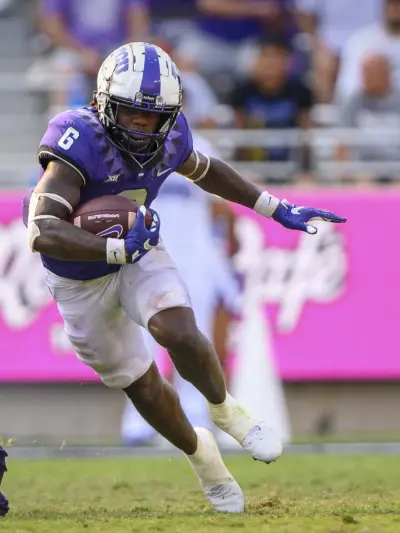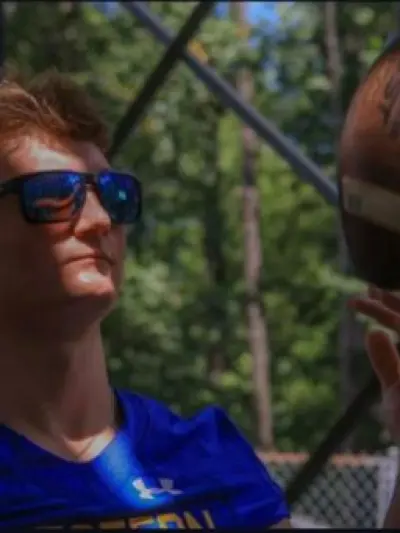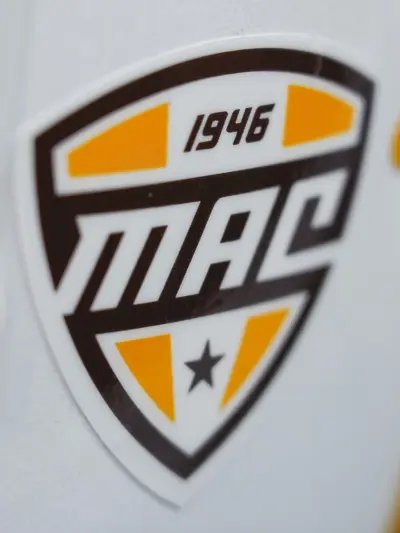By Staff
Despite years of preparation, travel, and competition, college athletes graduate before the final whistle. After the final game, a lot of people begin to wonder how to translate that enthusiasm into success in the real world. Sports careers don’t always entail donning a jersey, according to career counselors. Media, healthcare business, and even technology may be included.To make smart choices, students need solid research, careful planning, and sometimes a bit of outside help like the SpeedyPaper writing service that can polish résumés and essays. This article walks through the steps, degrees, and mind-sets that help former athletes build a life beyond the scoreboard. Readers will learn which skills transfer best, where to find mentors, and how to spot scholarships that support a second dream. From coaching youth leagues to analyzing data for professional clubs, the road is wide. Grab some water and a notebook—this guide will show that leaving the court is only the start of the next big season.
Balancing Academics and Athletics
Early exercises, afternoon classes, and study sessions in the evening are frequently balanced by student-athletes. Their strict schedule teaches them time management skills that many of their peers lack. That same discipline becomes a hiring advantage after graduation. Candidates who can meet deadlines and remain composed under pressure are highly admired by employers. Examples from past athletes should be cited, such as completing team assignments on the road or keeping up a high GPA during the championship season. To demonstrate classroom performance, academic advisers advise maintaining a portfolio of lab notes, graded papers, and curricula. Game statistics on a resume go well with that proof. Maintaining relationships with instructors who can attest to their intelligence and tenacity is also advantageous for graduating athletes. These relationships frequently result in internships at marketing companies, tech startups, and athletic departments. Former athletes demonstrate their ability to succeed in demanding work environments and manage several tasks without failing by presenting their college accomplishments as proof of balance.
Translating Team Skills to the Workplace
Every locker room teaches lessons that no textbook can capture. Communication in huddles, quick strategy shifts, and mutual accountability all mirror tasks found in modern offices. When moving into sports related jobs or even roles far from stadiums, graduates should break down these soft skills into concrete bullet points. For example, a point guard can describe leading a diverse group under real-time pressure, while a distance runner can illustrate personal discipline and goal setting. Recruiters respond well to measurable stories such as organizing pre-game film sessions or coordinating travel logistics for the team. Career centers often run workshops where former athletes convert statistics into business language: assists become collaboration metrics, steals become risk assessments. The same process applies to interviews. By telling brief, vivid stories, applicants help hiring managers see them as problem solvers, not just former players. Bridging that gap quickly opens doors in finance, education, healthcare, and technology.
Popular Degrees for Former Athletes
More Sports News
Long before senior year, coaches urge players to pick majors that ignite curiosity as well as secure paychecks. Exercise science remains a classic choice, yet graduates are branching out. Business administration fits students who analyze game film and enjoy strategy boards. Journalism draws those who love telling locker-room stories. Computer science appeals to data-savvy statisticians building scouting apps. Education programs welcome leaders ready to coach youth. Health-care tracks, such as physical therapy or sports medicine, let athletes stay close to competition while helping others heal. When choosing a degree, advisers recommend listing desired daily tasks. Does the student prefer writing reports, running numbers, or working hands-on with people? That answer guides course loads and internship searches. Many universities also offer certificates in sport management, e-sports marketing, or analytics, allowing double majors without extending eligibility. Scholarships often cover summer credits, so proactive planning can shorten graduation timelines and ease future loans. With the right degree plan, the move from roster to résumé feels both logical and exciting.
Understanding the Sports Industry Landscape
The sports world is bigger than the spotlight on game day. According to trade reports, more than five million people hold sports related jobs worldwide. These positions range from turf management at local parks to legal counsel for international leagues. To map the terrain, analysts divide jobs in sports industry clusters: athletic performance, business operations, media, technology, and community development. Within each cluster, dozens of specialized roles appear. For example, a single professional team may need nutritionists, cap-space accountants, social-media editors, drone operators, and retail designers. College graduates who understand these layers can target openings that match their strengths. Tools like LinkedIn salary insights and league job boards reveal entry-level paths and promotion ladders. Networking with alumni who already hold jobs in sports often leads to insider tips about upcoming hires. By viewing the industry as a complex ecosystem rather than a single profession, former athletes widen their options and reduce competition for any one role.
Exploring Careers Involving Basketball
Basketball’s global reach creates unique opportunities for players whose eligibility clock has run out. Beyond coaching high school teams, numerous careers involving basketball now thrive online and abroad. Sports analytics firms hire former point guards to tag pick-and-roll data for European leagues. Athletic-gear companies recruit ex-centers to test footwear for impact resistance. Social-media influencers with college hoop backgrounds film breakdowns of international tournaments and earn ad revenue. Community nonprofit groups seek program directors who can teach fundamentals while managing budgets for after-school clinics. Graduates fluent in multiple languages may guide cultural exchange camps that pair NBA players with overseas fans. Even urban planners look to basketball consultants when designing public courts that deter injury and encourage inclusive play. By blending firsthand experience with new skills—like coding, marketing, or grant writing—former hoopsters stay close to the game while advancing professionally. The result is a career path that values knowledge of fast breaks as much as fiscal responsibility.
From Playing Fields to Business Fields
While money is important when choosing a new course, statistics can be deceptive. Boxing, mixed martial arts, and soccer are frequently featured on lists of the highest-paying sports in the world because superstar contracts distort averages. But only a small percentage of athletes ever make it to that level. The pay ranges for coaches, analysts, marketers, and medical personnel should be examined by graduates in order to get a better understanding of the global top ten sports. For example, an assistant coach in American football might make less money than a performance dietitian for a professional cricket team. In the world of tennis, a digital rights manager can earn six figures without ever serving an ace. Instead of focusing on making headlines, job seekers make realistic plans by comparing median salaries, benefit packages, and growth projections. Former athletes can map graduate school tuition costs against anticipated earnings with the use of databases provided by university career centers, which translate hourly rates to annual budgets. Achievable post-college goals are maintained by prudent financial planning.
Strategies for Mentoring and Networking
Often, connections are just as important as credentials. A network of coaches, trainers, alumni, and supporters who were pleased with their collegiate performances is already present among former athletes. Intentional actions are needed to transform that goodwill into career guidance. First graduates should write a succinct elevator pitch outlining their transferable skills, target role, and major. Contacts are more likely to reply when you send that pitch with a courteous request for advice rather than a job offer. Whether it’s about nonprofit leadership or sports technology, going to industry conferences fosters in-person interactions that email cannot replicate. Beyond the playing field, maturity is demonstrated by professional attire and well-thought-out questions. Third relationships are maintained through courteous but frequent follow-ups. A brief report on new internships or certifications earned serves as a reminder to mentors that their time is worthwhile. Lastly, former athletes ought to volunteer at alumni panels or youth camps as a way to give back. By extending circles and establishing credibility, teaching others transforms beneficial discussions into enduring collaborations.
Planning for Post-Sport Financial Stability
Athletic scholarships frequently pay for room and board as well as tuition, but after the season is over, real-world costs quickly surface. First, a thorough budget must be created. Listing monthly expenses such as rent, insurance, and groceries, and then comparing them to anticipated entry-level salaries is the recommendation of certified financial planners. Former athletes who are used to receiving per diem travel funds might be taken aback by unstated costs such as auto maintenance or cell phone overages. Creating an emergency fund that covers three months’ worth of living expenses provides wiggle room for unpaid internships or job searches. For graduates with medical conditions from years of play, choosing health plans with lower deductibles is wise, even if premiums rise. Retirement saving should also start early. A small percentage from each paycheck into a 401(k) or IRA grows with compound interest, just like muscle gains from steady workouts. Finally, avoiding lifestyle creep keeps finances healthy. Driving a modest car and sharing housing for the first couple of years frees cash for certification courses or relocation decisions that can speed long-term career growth.
Key Steps to Start the Next Chapter
Launching life after college sports may feel daunting, yet a clear action plan turns anxiety into momentum. Graduates should start by reflecting on interests outside the arena, then write a one-page roadmap that covers education, skill gaps, and ideal job settings. Next, scheduling informational interviews each month builds knowledge and widens contacts. Enrolling in at least one short online course per semester keeps minds sharp and résumés current. Athletes also gain from setting quarterly goals—such as attending two career fairs or submitting five tailored applications—because tracking progress fuels motivation. Finally, celebrating small wins matters. Landing a volunteer coaching slot, earning a digital badge, or simply mastering budgeting software proves that growth is happening. Like practice runs before a championship game, these small wins add up over time. Through a combination of self-evaluation, education networking, and persistent perseverance, former athletes convert their competitive spirit into long-term career satisfaction. Instead of being a race, the journey consists of a succession of steady steps that reverberate after each lap they have completed.
